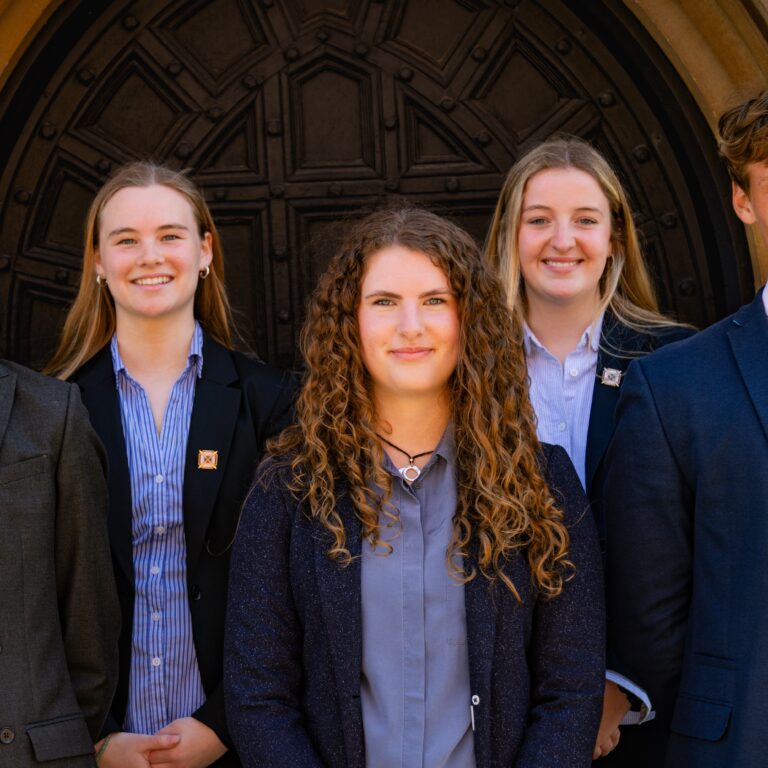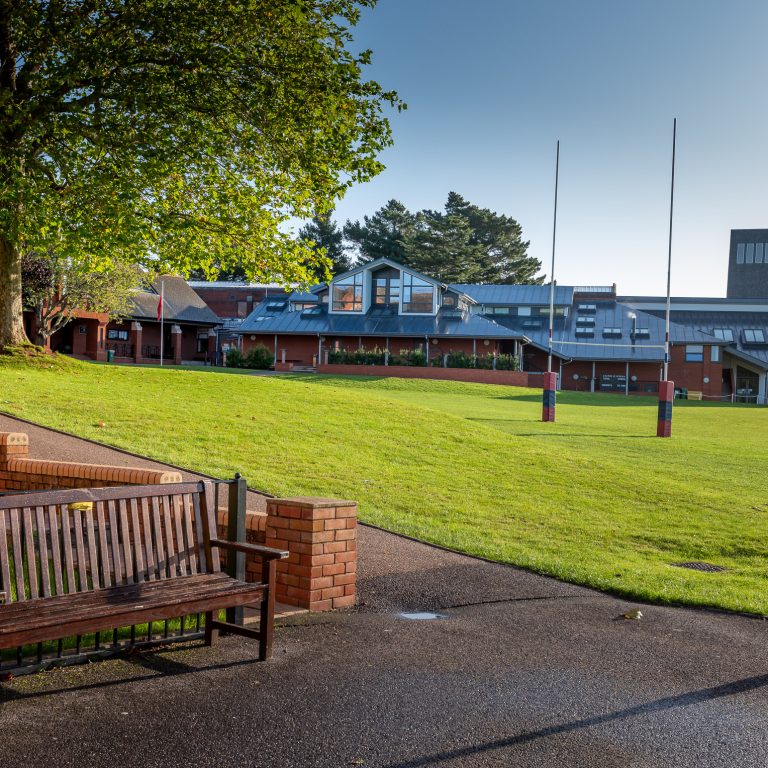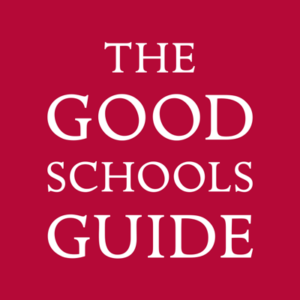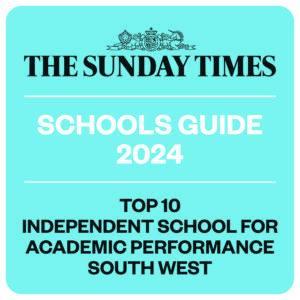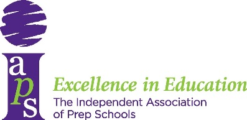At Exeter School we continue to develop the academic, personal and physical potential of each pupil in the school, and we believe in the development of the whole pupil. The school’s academic and pastoral teams operate side by side to monitor, guide and support pupils and to ensure that parents are well informed. We believe that happy, healthy pupils make the best academic progress.
The large number of additional opportunities for academic enrichment is of great value and participation is encouraged. The development of study skills, independent thought and personal reflection is a key factor in making excellent academic progress and is embedded in all that we do.
Pupils enjoy academic success in their subjects and university applications because of high levels of application together with support from dedicated and professional teachers.
We enjoy a recently refurbished library that provides an exciting, modern resource centre to support pupils both in their academic work and in their extra-curricular activities and interests. Comprehensive ICT facilities include dedicated ICT suites. These are available to pupils with additional computers in the library, sixth form study room, design and technology suite, music, and art departments.

